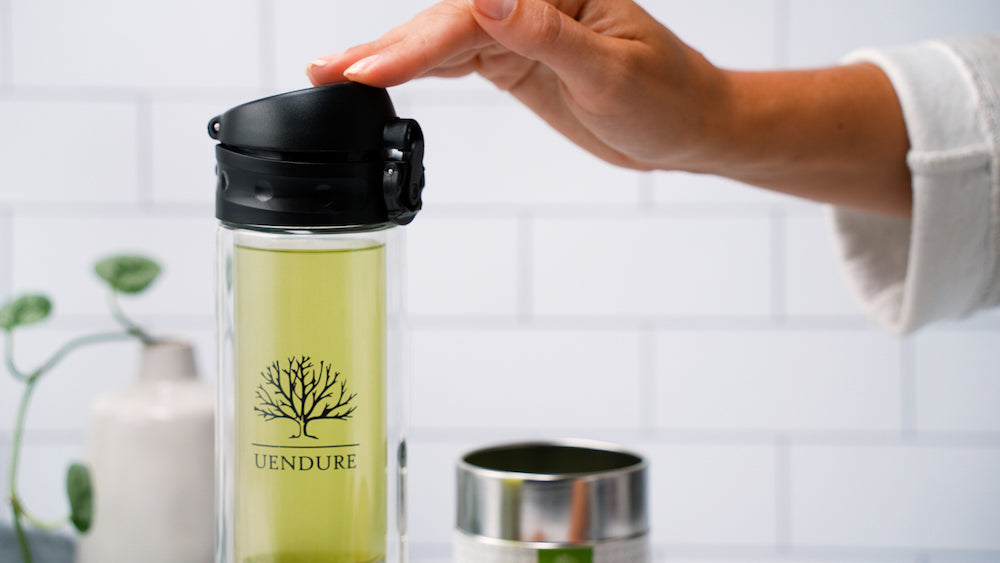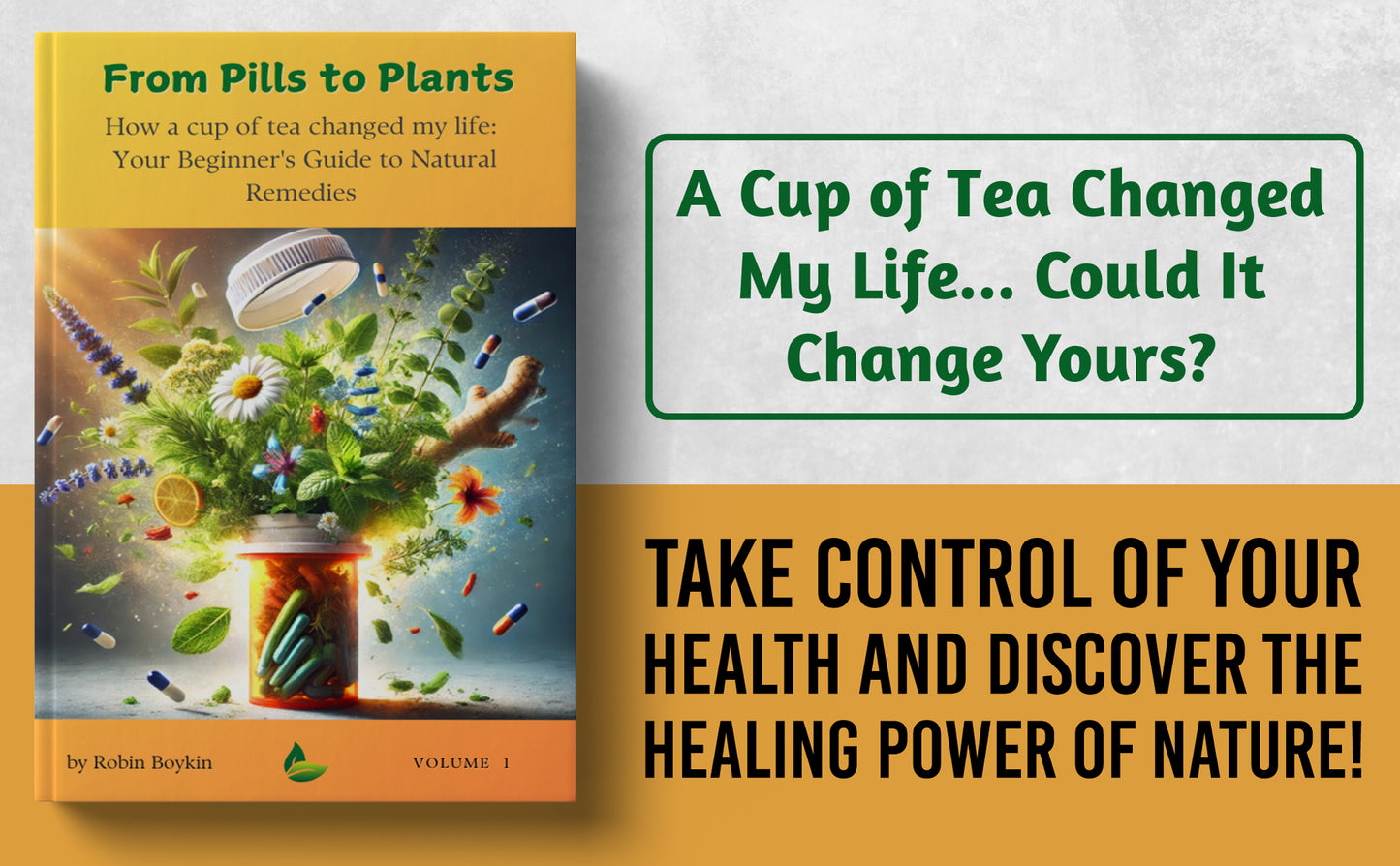Save 15% when you buy the Original Bottle Bundle!

In the eyes of many, tea time hails from the historic British tradition of sipping a bit of tea in fine china in the middle of the day. It evokes feelings of refined taste combined with pleasant company.
And yet, ancient Asian cultures had been relishing tea for thousands of years prior, after which it was finally introduced to Europe no earlier than the 17th century. History aside, people all around the world today delight in tea not just for its delicious taste, but for its numerous health benefits as well.
So, then, when is the best time to drink tea?
Enjoy a Spot of Tea in the Daytime
A well known fact is that tea contains a notable quantity of everyone’s favorite stimulator—caffeine. Although a standard cup of tea only holds about half of the amount that coffee does, it still packs a stimulating punch. With that in mind, drinking a glass of tea early in the day can be a great alternative to coffee or other energy drinks for more caffeine-sensitive individuals.
Enjoy a Bit of Tea Before Bed
Manufacturing companies have found a way to turn caffeine-rich teas into “decaf” versions of themselves that only carry trace amounts of caffeine. And as is the case with other plant-based drinks, tea also has its own, naturally decaffeinated forms. Herbal teas, such as chamomile and rooibos, are entirely caffeine-free.
What’s more, chamomile wields a compound known as apigenin that has a calming, and possibly even sleep-inducing, effect on the body. Peppermint tea has also been shown to decrease indigestion, which means a good night’s rest might just be a stone’s throw away (even after gorging on mom’s massive Thanksgiving dinner).
Enjoy a Sip of Tea in the Summer
Surprisingly, certain types of tea, namely Japanese green tea, are purported to have cooling properties. Even though it is typically boiled for its preparation, green tea is best suited for chilling the body rather than keeping it warm. Green tea might ideally be taken iced in order to keep people cool in warmer climates.
Enjoy a Swig of Tea When Stressed
Believe it or not, there are some types of tea whose consumption is encouraged all throughout the day. Matcha, for example, is traditionally taken less at a specific time of day or season than when people are looking to maintain inner balance.
On the one hand, matcha holds enough caffeine to increase energy levels, but it also carries compounds called tannins that slow down its absorption and reduce the likelihood of overly exciting the body. On the other hand, matcha has been shown to decrease the production of stress hormones. Matcha is widely considered an adaptogenic that energizes you when you’re down and calms you when stressed out.
Take-aways
A key idea tea enthusiasts should keep in mind is that there are various types of tea, each of which is best taken at different times of the day and for distinct reasons.
- Drinking (caffeine-containing) teas in the morning may be a milder pick-me-up than coffee
- Drinking (matcha) tea in the afternoon as a built-in break is ideal for stressful work environments
- Drinking (chamomile) tea in the evening can lead to sound sleep
- Drinking (Japanese green) tea in the summer may keep one cool


